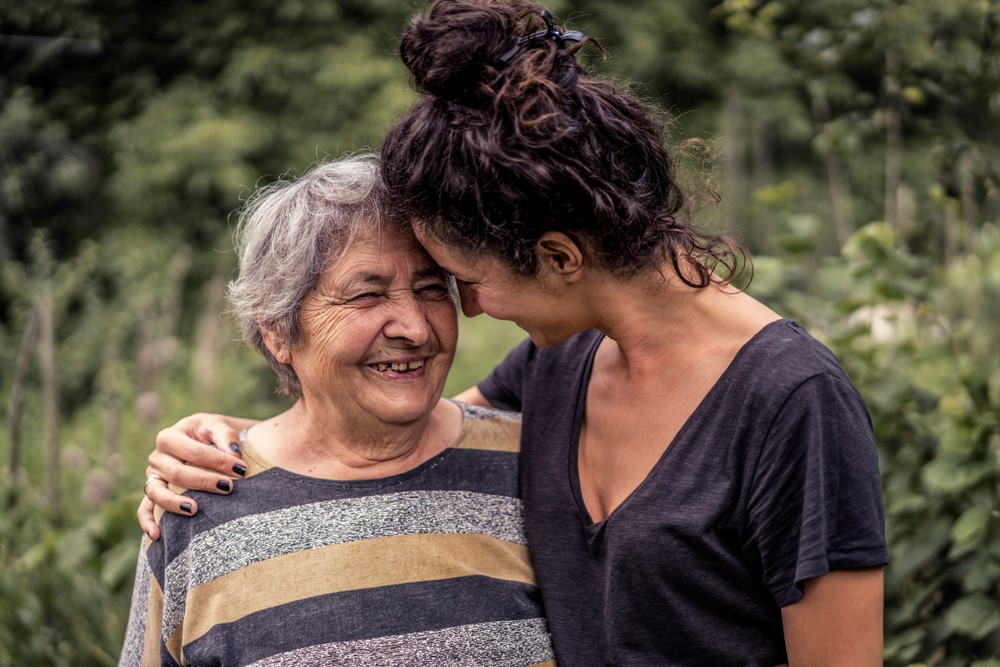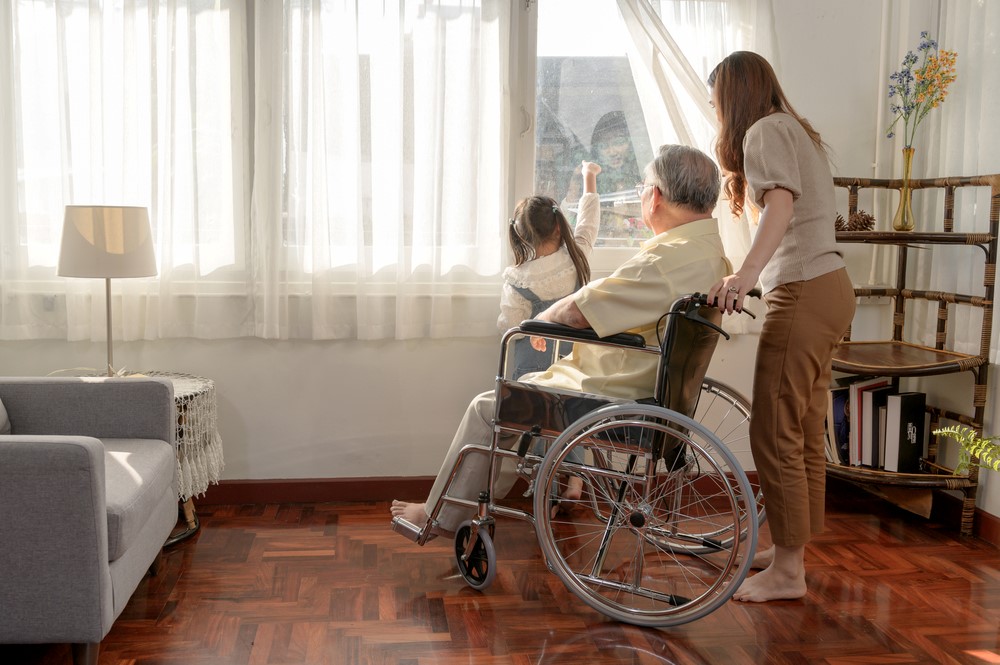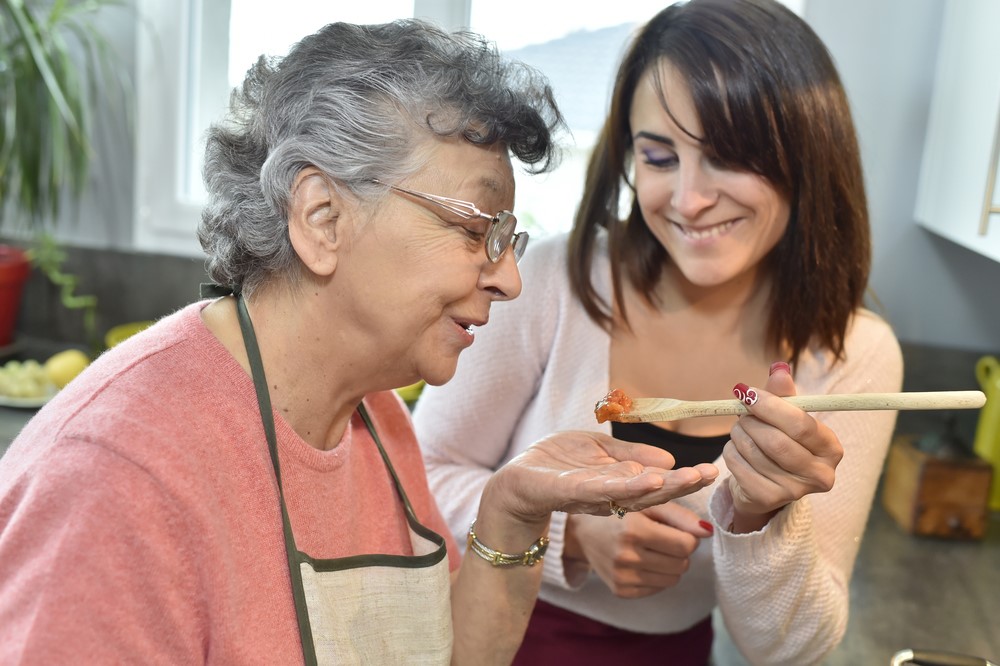
Whether you are caring for a parent, family member or working for a home care agency as I do, these tips apply to you.
My Experience
Being a seasoned veteran in this field with over 25 years’ experience I have learned that time management is the most important thing when limited to certain hours and even if you are caring for a family member who lives with you.
I began my career as a Personal Care Attendant in 1996 with the desire to help others and very little formal training. Back then you did not need any certification to become a home care worker. My first client was a quadriplegic who required extensive support and used a manual hoyer lift for transferring (Being a quick study also helps).
I became a Certified Nursing Assistant (CNA) in 2000 working in larger nursing facilities. Over the years until I decided that assisted living would be a nice change. I worked there until 2017 when I found myself caring for ten residents alone more often than was acceptable and moved to the home care sector where I have been ever since, preferring to work one-on-one.
I travel to five different clients’ homes during the week, each with varied care levels. I have a regular scheduled visit with each one so they know when to expect me and what I will be doing when I arrive.
For some, the tips highlighted below may seem trivial or simple common sense. For others they may be immensely helpful, as when you are just starting out you can be easily overwhelmed and when that happens everyone suffers. By following these tips your days (or nights) as a caregiver can go smoother and your job will not feel so overwhelming.
This article is part of our Caregiver Essays category – featuring experiences, stories, and advice from real caregivers. We welcome submissions from past and present caregivers, along with anyone else who has a story to tell. Check out this page for more details.
Proven Caregiving Tips

Partly adapted from Time Management for Caregivers.
Create A Routine
Devising a regular consistent routine makes time management go smoothly, and your loved one or client will appreciate it as well. Their days will be familiar, and they will always know what to expect.
For example, set a regular bath time. I find that an evening bath or shower is beneficial for relaxing and aids in better sleep.
A soothing cup of sleepy time tea is one of my clients’ favorite ways to unwind and this is always at 8 p.m. while watching her favorite show, The Golden Girls on DVD (that Sophia sure is a stinker!).
Safety First!
If a bath or shower is required, gather everything needed ahead of time so there is no risk of leaving someone alone in the tub/shower. Many folks become frightened when left alone and with good reason. It is a slippery environment.
Remove area rugs that can cause tripping or get caught on a walker. Rugs may be nice to look at, but let’s be safety oriented. The same goes for any power cords or extension cords.
Check each room for potential hazards and make sure there is ample space for a wheelchair or walker to get through. Having mom find herself stuck between the bed and dresser while alone is a scary thought.
It is advisable to discuss a service such as life alert if your loved one will be spending time alone for any length of time. There are affordable options available that can bring peace of mind for both you and your loved one.
Small Talk Is Valued
Spend time conversing as well. Chatting while you dust the living room as they watch their favorite program will help create a good rapport.
Knowing that you are interested in them is important. People get lonely and if they are home-bound, isolation sets in and that will take its toll. Pay attention to moods and appetite.
The sooner you spot depression the easier it is to treat. If you notice mood changes or a lack of interest in a favorite activity, gently inquire if they are feeling blue or perhaps are feeling ill.
Sometimes an oncoming illness is denied due to fear of hospitals, especially in these uncertain times. Be reassuring and mention that there is telehealth and an actual office visit may not even be necessary. For all you know, you may be the only person coming by in weeks, and your attention to their well-being can make all the difference.
Medication
If you are responsible for setting up medications, choose the quietest time possible so there will be no interruptions. It is too easy to forget if one pill was placed in its appropriate day/hour and then go over them all again.
In this age of modern medicine there are pill packs available at most drug stores to alleviate this time-consuming task. All medications are set up in bubble packs and you simply pop them out as needed.
Bubble packs are by far the easiest way to manage medications and are preferred over the standard pill organizers. Have a supply of dispenser cups available and pop the required medication into this when it is time.
Setting up a reminder is a good idea as well. This can be done on your cellphone or a simple alarm kept on the counter.
It is helpful to familiarize yourself with medications. Have a chart with visual identification so you can learn what the pills look like, that way there will be little chance of missing doses.
Multitasking – Yes There Is Such a Thing in Our world
I will share examples on how I juggle a few tasks all at once.
I arrive at a home and have three hours to spend there. The first thing I do is put dishes to soak if there is no dishwasher, to make scrubbing easier later. On this day there is also laundry, so I gather that up and load it to wash. I then wash the dishes and discuss meals. (This is also chit-chat time).
Once dishes are finished, I make out the grocery list. By this time, the washer is done. I put clothes in the dryer and start another load if there is one. While the dryer is going, I use this time to do the shopping. This takes 30 minutes. I return, put foodstuffs away and check the dryer. Then I cook whatever is requested.
Having a daily task list posted as a visual reminder of appointments will not only keep you on top of necessary chores but can help your client or loved one prepare for in advance. Nobody likes to have a dentist appointment sprung on them at a moment’s notice, right?
Keeping Mealtimes Simple
Have a folder or recipe box with easy to make meals. Do-ahead meals are a favorite and can be rotated. Get your client or loved-one involved in planning and preparing meals whenever possible.
A favorite recipe can be revived and who knows, maybe there is a happy story to be shared! By the way, down below, I’ve shared one of my go-to recipes, and a client favorite, ‘Grandma’s Favorite No Peek Chicken.’
Most of the time it is a simple meal that takes less than 15 minutes to prepare. While my charge is eating, I will clean the bathroom and fold a load of laundry, then gather those dishes and wash them. I had already washed the pans. The sink always has dishwater until I am finished cooking etc. This makes it easier, and no time is spent filling the sink.
If I need to cook meals to last over the weekend, which I do each Friday; I get those started then go about dusting, vacuuming, and mopping. The kitchen is the last room I clean, and I clean as I cook as well, so there is not a pile to wash again. Before I leave, the dishes, etc. are put away.
I try to chop onions and other ingredients ahead of time and store these in a container to cut down on prep work.
If You Are a Live-In Caregiver

If you are caring for a parent or other family member who lives with you, it is important to take time for yourself. This is not selfish but necessary. Daily recharging is recommended and a full day at least once per week.
Enlisting other family members whenever possible or finding outside help will not only benefit you but your loved-one as well. Being a caregiver is not easy and anyone who claims it is has not done it for any length of time!
Working for an agency, I know how a family appreciates a few hours of breathing room to get out of the house, have some leisure time to unwind and recharge while feeling secure in knowing their loved-one is in caring, capable hands.
Having a support system is vital for everyone involved. The stress of caring for someone becomes overwhelming which often leads to feelings of resentment when you find your personal life-and space-have been invaded. Then guilt creeps in and soon you find yourself battling issues of your own.
Are You a Caregiver?
- Are you punctual and reliable on a consistent basis? (Not negotiable)
- Do you have an outgoing personality and honestly enjoy helping others?
- Do you love to shop and cook?
- How is your sense of humor?
- Are you squeamish when it comes to assisting in personal cares? (You should answer no to qualify)
Always remember that the person you are assisting will be depending on you to be there when expected. There is nothing worse than having unreliable help who is constantly late or frequently calls to say they cannot make it.
Grandma’s Favorite No Peek Chicken Recipe
Ingredients:
- 1 can cream of mushroom soup
- 1 can cream of celery soup
- 1 box Rice a Roni savory herb wild rice
- 1 can of water (use soup can)
- 1 tsp rosemary
- 6-8 pieces of chicken
- French fried onions or Lipton onion soup mix
Directions:
Heat oven to 350°F. Lightly spray a casserole dish. In a bowl, mix together the first 5 ingredients and dump into the prepared dish. Place chicken pieces in a single layer. Top with French fried onions or sprinkle with Lipton onion soup mix.
Cover tightly with foil and bake for 2 1/2 hours. Do not check until time is up. No peeking!

Leave a Reply